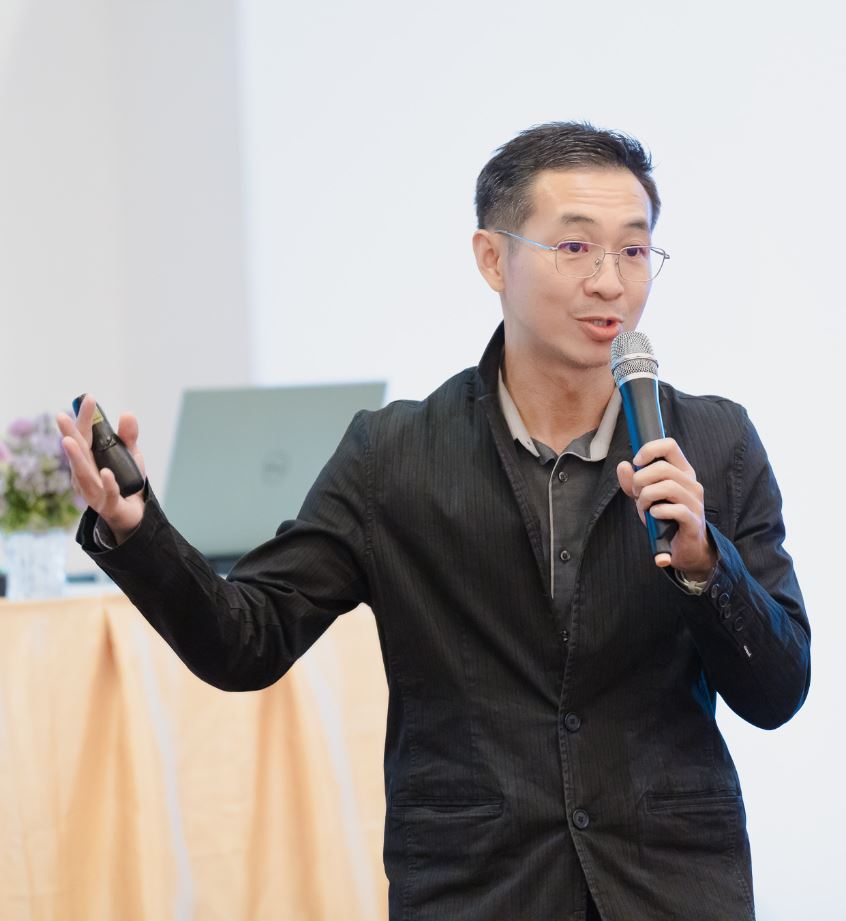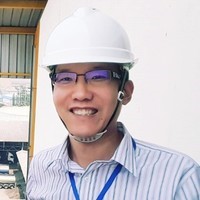PE21 Practical Energy Efficiency Improvement and Optimization for Process Industries
Artit wiwatwisansakul
Wiroon Tanthapanichakoon
September 10, 2026
Rayong

Artit wiwatwisansakul
Wiroon Tanthapanichakoon
September 10, 2026
Rayong

Process industries are consuming a large amount of energy corresponding to several billion dollars of operating costs per year. Rising fuel and energy costs are a big driver of initiatives and motivation to save and optimize energy consumption. Unfortunately, very few engineers understand essential techniques to systematically reduce energy consumption without compromising process performances. Many plant operators fail to operate the plant at optimum conditions, and choose to operate at a comfortable point that is far from being energy efficient. This course teaches how to identify process improvements for energy efficiency and provide information on practical energy efficiency technologies from equipment level to overall plantwide level based on the instructor’s hands-on practical experience with energy saving in refineries, petrochemical, steam and utility plants, leading to annual cost savings exceeding 100 million baht per year.
All disciplines of engineers and any technical people who deal with process energy efficiency improvements and initiate energy improvement project ideas.
8:00 AM – 9:00 AM Register
9:00 AM – 12:00 PM
I. Fundamental Concepts of Energy and Heat
• Mass and enthalpy balances: overall plant and individual equipment
• Industrial energy efficiency concepts
II. Energy Management in Practice
• Energy management practices and technologies
III. Energy Measurements and Monitoring Techniques
• Key Energy Variables
• Specific Energy Consumption
• Energy monitoring: GAP concepts
12:00 PM – 13:00 PM Lunch Break
13:00 PM – 17:00 PM
IV. Techniques to Identify Process Improvements for Energy Efficiency
• Application of specific energy consumption concepts
• Efficiency data plots for effective plant monitoring
• Benchmarking with theoretical or ideal values
V. Economics of Energy Saving Projects
• IRR or DCF
• NPV
• Payback period, simple payout
VI. Energy Efficiency in Furnaces and Boilers
• Key Concepts, Calculations, and Applications
• Furnace Efficiency
• Flue Gas Waste Heat Recovery
• Example Case Studies
VII. Energy Efficiency in Heat Exchangers and Enhanced Heat Transfer
• Key Concepts, Calculations, and Applications
• Heat exchanger fouling and cleaning analysis
• NTU and heat exchanger efficiency concepts
• Enhanced heat transfer technologies
• Example Case Studies
8:00 AM – 9:00 AM Register
9:00 AM – 12:00 PM
VIII. Energy Efficiency in Steam Turbines
• Key Concepts, Calculations, and Applications
• Example Case Studies
IX. Energy Efficiency in Compressors and Fans
• Key Concepts, Calculations, and Applications
• Compressor flow control
• Polytropic Head and Efficiency
• Example Case Studies
X. Energy Efficiency in Pumps
• Key Concepts, Calculations, and Applications
• Pump flow control and efficiency
• Example Case Studies
12:00 PM – 13:00 PM Lunch Break
13:00 PM – 17:00 PM
XI. Energy Efficiency in Electrical Systems and Equipment (e.g. Motor)
• Motor power factor
• Motor efficiency
• Electrical demand and load management
XII. Energy Efficiency in Utility Systems
• Heat and power systems: gas turbine, steam turbine, Heat Recovery Steam Generator (HRSG)
• Steam systems
o Multi-level steam header balances
o Pricing of steam
o Steam traps and steam leaks
• Hot oil systems
• Refrigeration, chiller, cooling water systems
• Compressed air systems
• Fuel systems
XIII. Energy Efficiency and Optimization Technologies
• Introduction of energy efficiency technologies
• Energy optimization techniques
XIV. Plantwise Energy Consumption and Optimization: Basics of Process Integration and Pinch Analysis that Engineers Should Understand
• Process heat integration concepts
• T-Q curve analysis
• Pinch analysis
• Grand composite curve

Process Safety Engineering
Process engineering and chemical engineering
Plant problem solving and training

Process & Technology Development
Process engineering
Process scaleup and development
For UPCOMING Public Training Course with ChemEngEdu
Early-Bird Rate for Corporate Participants: 5% discount fromfull price for registration at least 4 weeks (28 days) before the training date(reserve the early-bird rate by registration, not by payment).
Individual Participant Promotion: -50% OFF from full price(max 1 person per organization per course). Not eligible for early-bird rateabove.
Academic Participant Promotion: -40% OFF from full price(max 1 person per organization per course). Not eligible for early-bird rateabove.
SkillLane Participant Promotion: Get 60% OFF the full priceon a CEE course when you register for any SkillLane course. (Offer valid for 1SkillLane course per 1 CEE course.)
Note: Please submit proof of your SkillLane registration toqualify for the discount when signing up.








เราใช้คุกกี้เพื่อพัฒนาประสิทธิภาพ และประสบการณ์ที่ดีในการใช้เว็บไซต์ของคุณ คุณสามารถศึกษารายละเอียดได้ที่ นโยบายความเป็นส่วนตัว และสามารถจัดการความเป็นส่วนตัวเองได้ของคุณได้เองโดยคลิกที่ ตั้งค่า